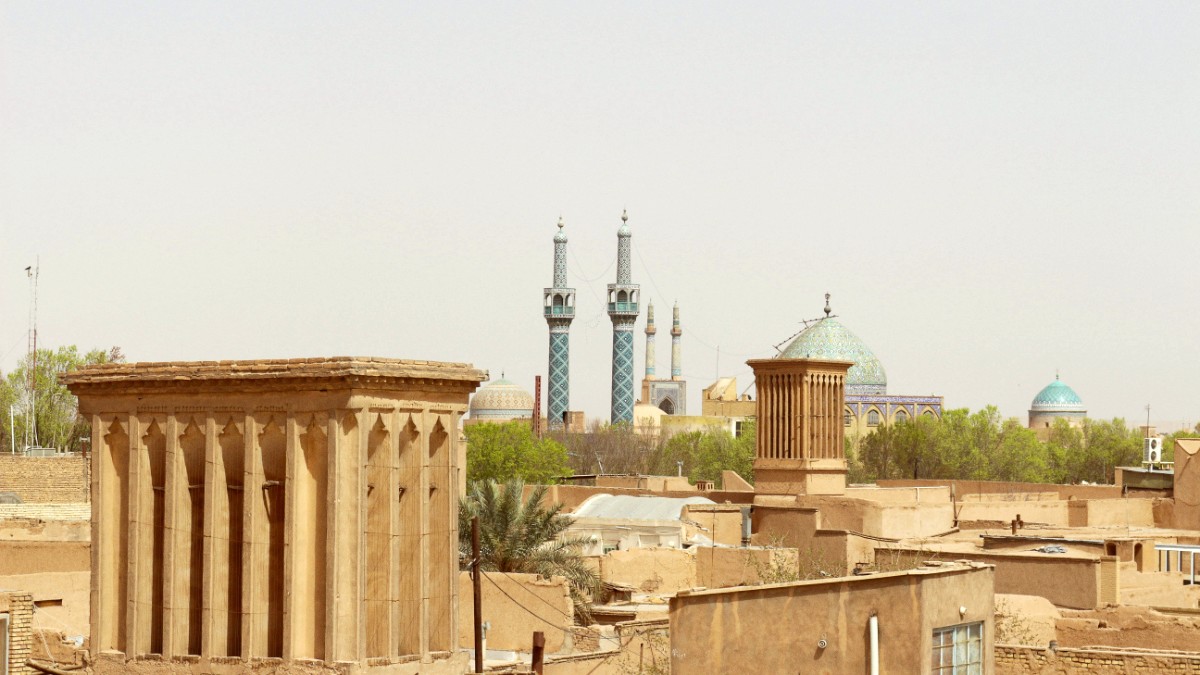
Iran
Efforts conserve delicate desert ecosystems and ancient qanat systems. The UNESCO World Heritage status promotes architectural and cultural preservation.
Waste management infrastructure is developing, but recycling is not as widespread or efficient as in many Western countries.
Yazd is a desert city, and water is a truly precious resource. The qanat system highlights the historical struggle for water.
Respectful interaction is fundamental to responsible travel in Yazd.
The inscription of Yazd's historical city as an UNESCO World Heritage site is a significant step in preserving its unique mudbrick architecture and urban fabric.
Iranians are generally very hospitable and welcoming. Respond with warmth and patience, especially when encountering language barriers.
Always ask for permission before taking photos of individuals, especially women and children.
Dress modestly; this is especially important. Women should cover their heads completely when entering mosques or shrines (chadors are often provided at major ones).
Many traditional guesthouses in Yazd, by nature of their historical design, are inherently more eco-friendly than modern buildings.
Inquire with local tour operators about their commitment to sustainable practices. Ask if they support local communities.
Minimize your waste production. Reduce plastic consumption by using a reusable water bottle. Dispose of your trash properly in designated bins. Be mindful of your water usage in hotels and guesthouses.
Visitors' money directly local economy and ethically.
Prioritize supporting local guesthouses, small, independently owned restaurants, and artisan workshops.
When purchasing handicrafts, carpets, or Termeh, try to buy directly from artisans in the bazaar or their workshops.
Choose to eat at local eateries and tea houses that serve authentic Yazdi cuisine.
Be mindful of animal welfare, notably if engaging in activities like camel riding. Choose operators who treat their animals well.
If you charitable support, seek out reputable local non-governmental organizations (NGOs) or established charities in Yazd.
Support organizations focused on education.
Support organizations focused on healthcare.
Support organizations focused on poverty alleviation.
Direct cash handouts can sometimes negative consequences. Give through reputable local NGOs.
Your journey through Yazd enriches your experience and contributes positively to the local culture and environment.